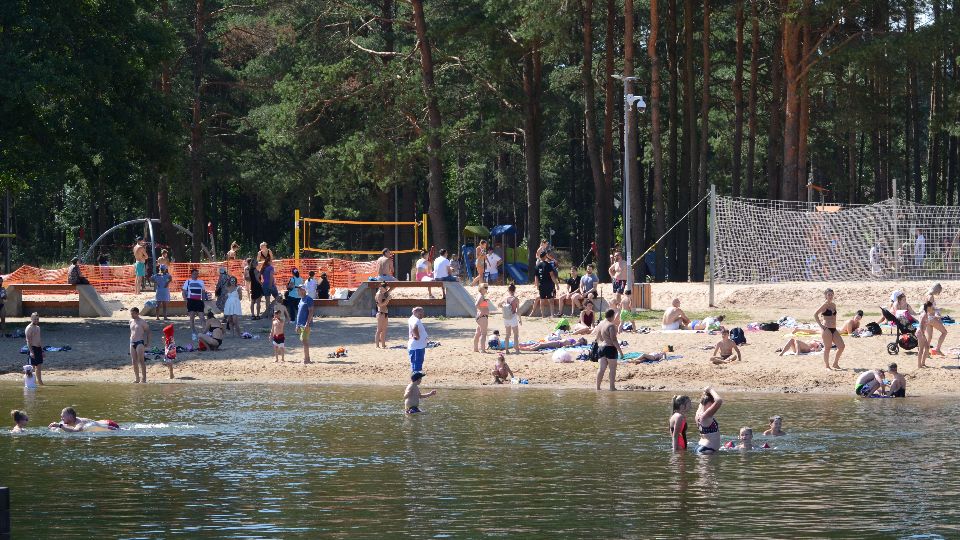To prevent water accidents and reduce the number of drowned people, Gemze said people have to be educated strategically since early childhood.
“I see this not only every day by the water but also on forums and social sites – reading how people comment on different accidents. The largest risk group is men aged 35-65. The majority of those who drown – this is due to their own reckless behavior – alcohol is often at fault because water recreation and alcohol are not compatible. I also call on parents to look after their children and not let them go swimming alone. This also applies to adults – do not go swimming alone,” Zane Gemze said.
She recalled the basic principles of safe swimming: the choice of a proper and safe bathing area, which is not only well-designed but also easy access to operational transport.
“Ideally, there is also a lifeguard in the bathing area; it must in no case be overgrown, full of stones or unknown underwater objects that can cause injuries to humans. One of the groups at risk of swimmers is teenagers who, by their behavior, often provoke each other for reckless behavior and choose inappropriate bathing areas, but sooner or later they may end up in trouble. We can rarely change their behavior and beliefs, but we can talk to them, train and simulate different situations to understand how to resolve them,” Gemze said.
Zane Gemze called on people not to rely on the help of others since each individual is responsible for their own and their children's life.





























